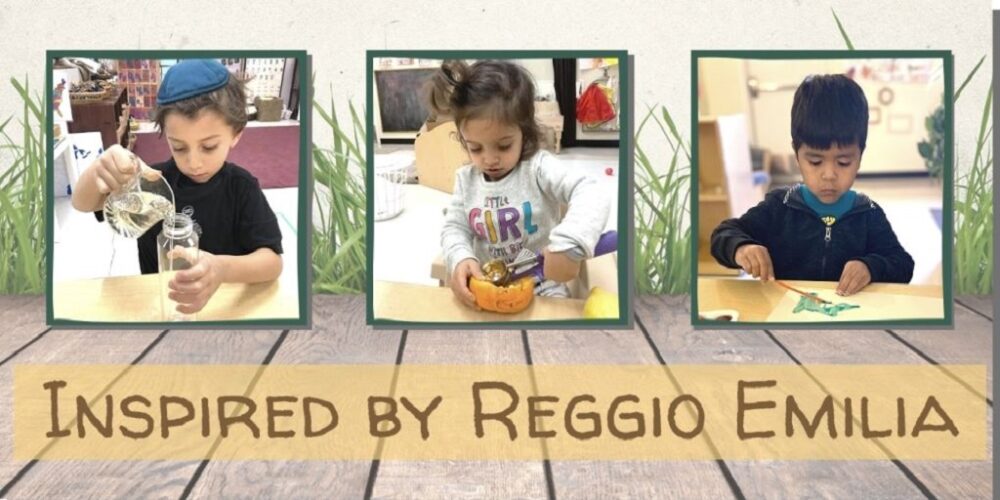Deemed as an inspiring and innovative approach to early childhood education, the Reggio Emilia educational philosophy has revolutionized the preschool and kindergarten teaching. Here are the salient features of this educational philosophy that makes it the best tool to guide the preschool curriculum, environment, teaching processes and activities at the preschools subscribing to this model.
About Reggio Emilia Philosophy
This philosophy views every child as a resilient, strong and capable individual possessing wonder and knowledge. This is the result of the need for a better approach to teaching children. In this model, the education is child centric.
This approach recognizes that children have multiple ways of playing, thinking, exploring, doing and speaking. Therefore, there is a stress on using every possible tool by the child to express themselves. Teachers are more of observers than being directors dictating what children must do. The teachers are enjoined to gradually move the children towards the areas that interest them. This is done through careful observation of the children over time.
Benefits of the Reggio Emilia approach to preschool education
The invaluable benefits of Reggio Emilia approach to preschool education can be discussed under three heads as follows.
Encouraging
In the setting based on this model, children are active constructors of knowledge. They are encouraged to do research and most of the activities are project based. The children actively participate in these activities and ask questions by exploring. Social development of the child gets enough focus in this model. Therefore, children are guided to develop a positive relationship with other children, teachers and families.
Explorative
As this philosophy believes that children have multiple ways to express their creative talents, thoughts and understanding, different activities are given to them in the lines of drawing, dance, movement, drama, painting, music and sculpting.
Problem solving
As part of this model, children engage in learning projects that provide them enough scope to do research which also includes real life problem solving scenarios done with peers. Therefore, children get lot of opportunities for exploring and thinking creatively.
Children do projects in small group settings and their works are closely observed by teachers. Children are highly encouraged to question on the topics that interest them. Also, they are introduced to questions, materials and opportunities that will provoke their eagerness to explore and understand different topics further. In several preschool setting and across a galaxy of experiments in early childhood education, the invaluable benefits of this philosophy have been established.












